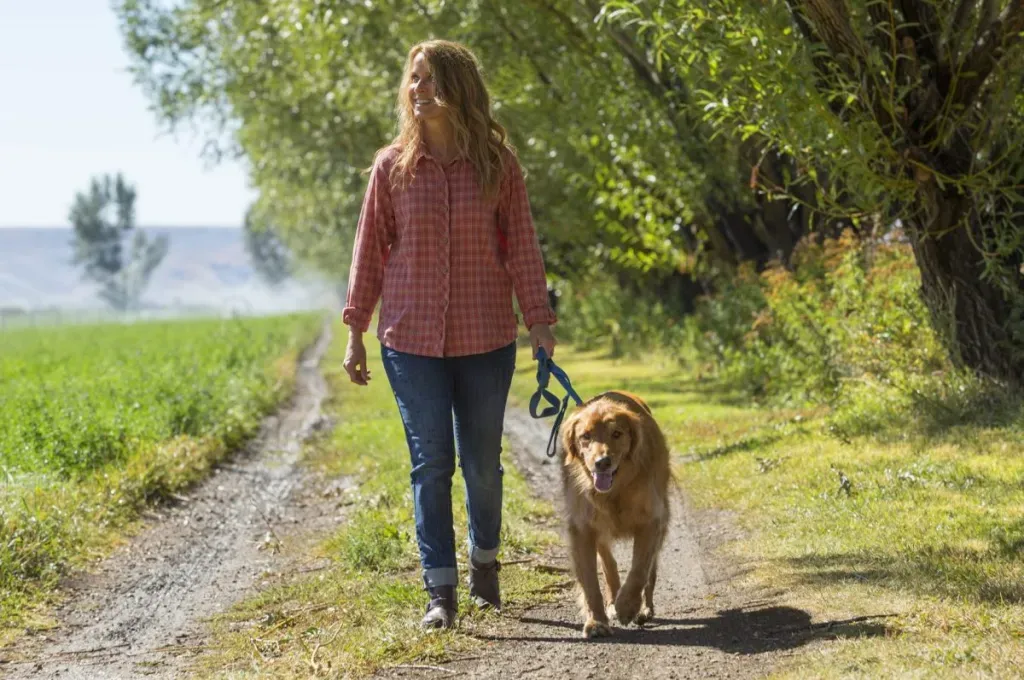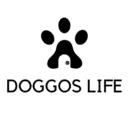Maintaining the health and fitness of your dog is just as necessary as it is for humans. Dogs that are at a healthy weight have a reduced risk of various health problems, such as heart disease, diabetes, and joint or muscle issues. If your dog is overweight or obese, it’s important to consult with a veterinarian to create a weight-loss plan tailored to their specific needs. Taking care of your dogs well-being not only strengthens your bond but also promotes longevity. Here are three essential ways to help your dog lose weight or prevent excessive weight gain.

1. Exercise and play
Creating a workout plan for your dog that burns calories without causing strain is crucial. Consider your dog’s breed and current health status. Brachycephalic breeds, like Bulldogs, may struggle to breathe with intense exercise. Additionally, some breeds are better suited for endurance activities than others. For instance, a French Bulldog won’t be able to walk as far as a Border Collie. Always seek advice from your vet. Start slowly with short walks or brief play sessions. As your dog loses weight and becomes more accustomed to exercise, gradually increase the intensity, distance, or duration. Exercising with your dog not only strengthens your bond but also enhances your relationship.
2. Choose an appropriate diet
To ensure your dog maintains a healthy diet, it’s essential to not only limit table scraps and treats but also measure their main food to provide the right nutrients. Considering your dog’s diet to their size and breed is crucial. Since each dog is unique, determining their specific food requirements can be challenging. For instance, a 12-pound Shih Tzu will have different nutritional needs than a 250-pound Mastiff. Additionally, opting for high-quality dog food that considers your dog’s individuality is key. Some brands offer dog food tailored to specific breeds, taking into account their unique nutritional needs.
3. Cut back on table scraps and treats
While it might be tempting to indulge your dog with human food, most of it is unsuitable for their diet. Offering snacks from your junk food stash or leftovers from your meal adds unnecessary calories to their intake. It’s easy to overdo it with dog treats, so it’s important to limit them to no more than 10 percent of your dog’s diet. Consider using a daily allotment to keep track. It can be tough, but try to resist those pleading puppy-dog eyes and stick to what’s best for their health.
If your dog is carrying extra weight, it’s important to approach weight loss safely and appropriately. While your dog may adore treats, they’ll ultimately be much happier living a longer, healthier life by your side.

Dedicated and experienced pet-related content writer with a passion for animals and a proven track record of creating engaging and informative content. Skilled in researching, writing, and editing articles that educate and inspire pet owners. Strong knowledge of animal behavior, health, and care, combined with a commitment to delivering high-quality content that resonates with audiences. Seeking to leverage writing skills and passion for pets to contribute to a dynamic and mission-driven team.
